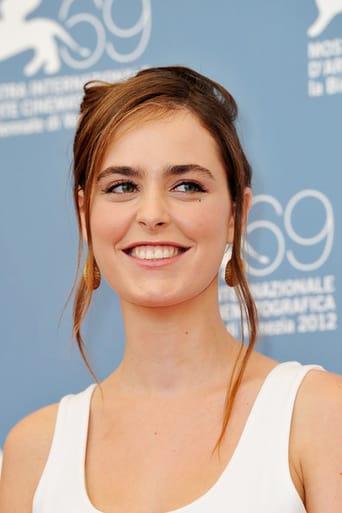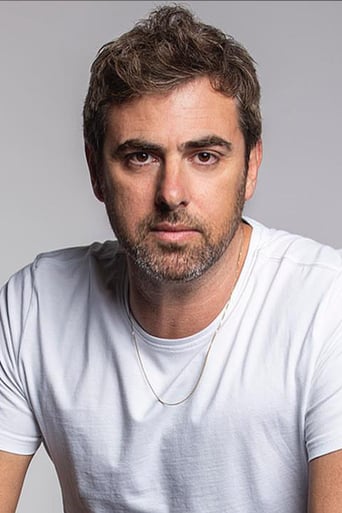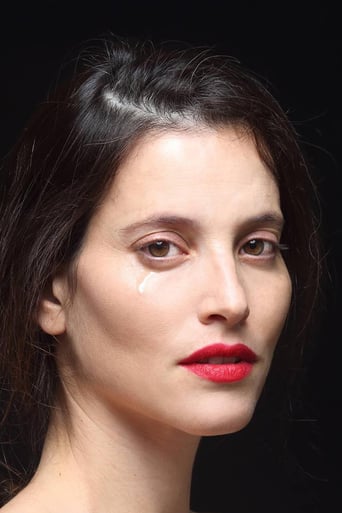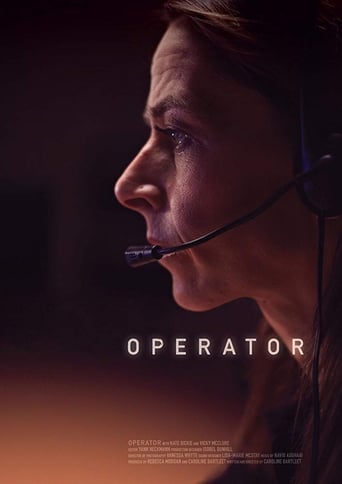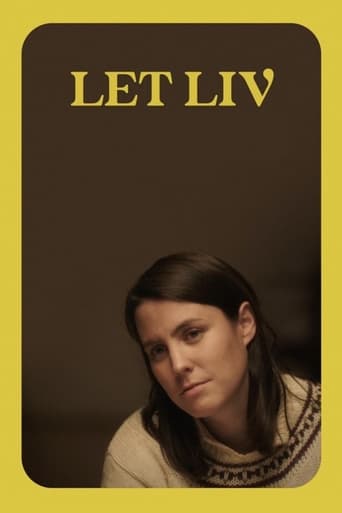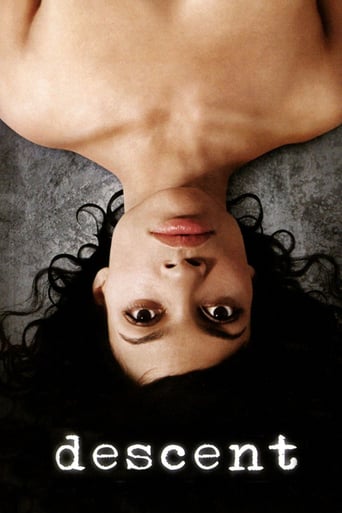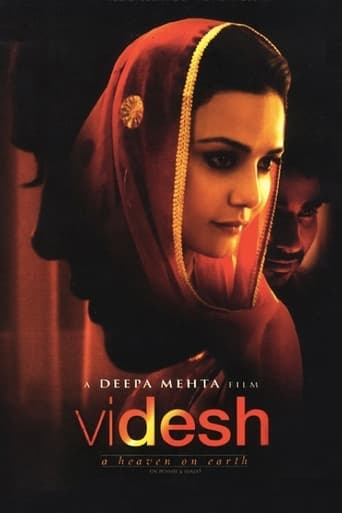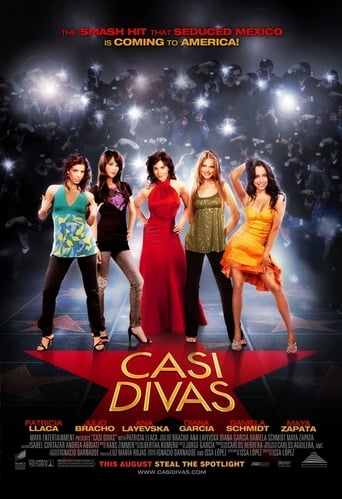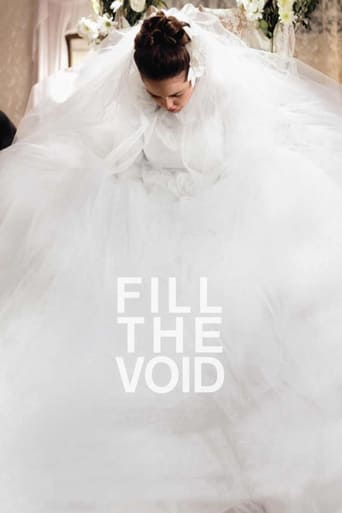
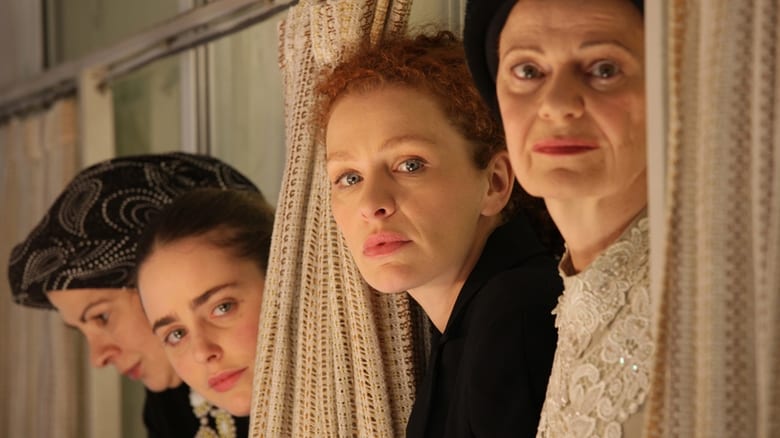
Fill the Void (2012)
Eighteen-year-old Shira is the youngest daughter of the Mendelman family. She is about to be married off to a promising young man of the same age and background. It is a dream come true, and Shira feels prepared and excited. On Purim, her twenty-eight-year-old sister, Esther, dies while giving birth to her first child, Mordechay. The pain and grief that overwhelm the family postpone Shira's promised match. Everything changes when a match is proposed to Yochay-Esther's late husband-to a widow from Belgium. Yochay feels it's too early, although he realizes that sooner or later he must seriously consider getting married again. When the girls' mother finds out that Yochay may marry the widow and move to Belgium with her only grandchild, she proposes a match between Shira and the widower. Shira will have to choose between her heart's wish and her family duty. She will find out that the void which she must choose exists only within her heart.
Watch Trailer
Cast
Similar titles
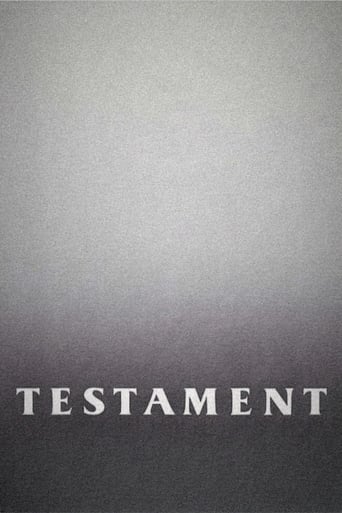
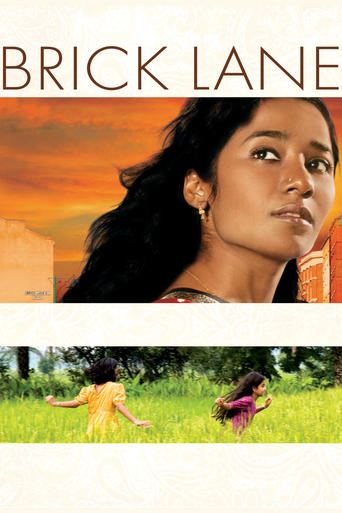
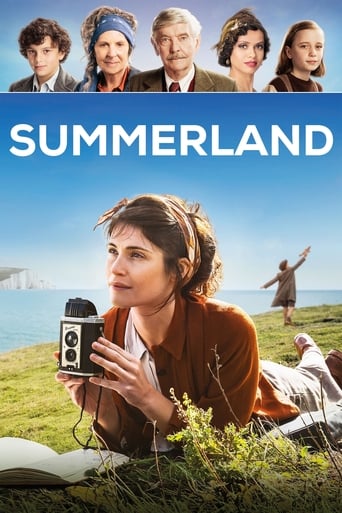
Reviews
I love this movie so much
This is a coming of age storyline that you've seen in one form or another for decades. It takes a truly unique voice to make yet another one worth watching.
Blistering performances.
I enjoyed watching this film and would recommend other to give it a try , (as I am) but this movie, although enjoyable to watch due to the better than average acting fails to add anything new to its storyline that is all too familiar to these types of movies.
The first time I tried to watch this film I closed the TV about halfway through because it was too static. This time I decided to stick with it to the end, even though my mind kept wandering all the time - it is simply too low-key and visually drab to keep the interest. Just one example: in the early scene where the heroine's sister collapses in the bathroom, we don't see her at all - the camera is stuck somewhere across the room and we are briefly shown alarmed characters outside the bathroom, then cut to the next scene. I wanted to scream: not this way! They should have shown what happens in the bathroom, with camera moving and close-ups of the actors.Those actors cannot be blamed, they all make you believe that they are the characters they play. Except maybe the leading actress, who is too beautiful for her role - they should have cast someone less glamorous, because she is too much in contrast with the dreariness of everything around her. The major merit of this film is the portrayal of a culture rarely shown in film, but as film-making it badly lacks energy.
Arranged marriages in the Chassidic Jewish community in Jerusalem, Israel; not an easy subject, since it is basically morally reprehensible. But I was surprised to witness that the film gets away with it. The ending doesn't suggest at all that they will live happily ever after, and before that, the film tells a well balanced story about all those directly involved.Hadas Yaron did an amazing job and has a natural presence that took me in straight away, but the rest of the cast did very well, too. The photography is beautiful and subtle. It took me a little while to get into the story and the experience of it all, but once it did (about some twenty minutes in), it didn't let me go until the very end.A good 8 out of 10.
Set in an orthodox Hasidic Jewish community in Tel Aviv, FILL THE VOID centers around eighteen-year-old Shira's (Haldas Yaron), decision about whether to marry widower Yochay (Yiftach Klein) or not. Yochay was already married to her sister Esther (Renana Raz), but sadly Esther passed away during childbirth. The title sums up the film's principal theme: by following her family's fishes, Shira will fill the void created by Esther's passing, and hence become a good mother to Esther and Yochay's newly-born son Mordecai. Morally speaking, she believes she is doing the right thing by accepting Yochay's offer, but director Rama Burshtein asks us to reflect on whether the decision will fill the void in Shira's life, or simply deepen it. Issues of love never seem to enter Shira's mind; she believes she is obliged to marry, and hence works hard to persuade the rabbi (Melech Thal) to sanction her decision. The film is tightly constructed as a series of close-ups and two-shots: the camera gives us a unique insight into Shira's turbulent state of mind, as she sits opposite Yochay, her head bowed, her lip quivering as she tries her best to maintain a facade of calm. Her family offer her a limited amount of support, but it's clear that they are forcing her into marriage. The only way she can obtain succor is to pray to God: in one sequence she is photographed from above, her eyes staring into the camera, as she tries to listen to His word. The ending is quite achingly poignant; in her wedding dress, Shira looks stunningly beautiful, but she cannot sit still. Her body repeatedly rocks from left to right, almost as if she is trying to lull herself into a trance- like state to cope with her forthcoming ordeal. Burshtein cuts to the wedding ceremony, where her head is covered with a white sheet; she is quite literally blinded to what follows, while the families celebrate. The film ends with the now-married couple alone after the ceremony has concluded. They stand at either end of the room and Shira stares blankly into space, underlining the irony inherent in the film's title. A low-key film, but totally compelling nonetheless.
This is a gorgeous film. The cinematography, largely revealing closeups of the characters, is stunning, bringing us close in to an unfamiliar world, an insular, deeply religious culture. The acting is flawless. But what brings me to give this film a top rating is the story, one of moral complexity--life, after all, is complicated, a truism that Hollywood films fail miserably in addressing, the rare times they attempt to do so (perhaps "The Master" and "Doubt" are exceptions). A young, innocent woman desires to make a marriage match that is in accordance with her Jewish Orthodox tradition and yet in some ineffable way is personally to her taste. At first this seems possible, but unforeseen circumstances make her choice of marriage partner difficult. She is not just choosing for herself and potential partner but her choice is central to the happiness or unhappiness of relatives and friends—a situation of which she is acutely aware. How can she make the right choice for everyone, herself included? In a culture seeped in moral values, the moral answer to her dilemma is not an easy one. It has been a long time since I've been so deeply moved by a film.
